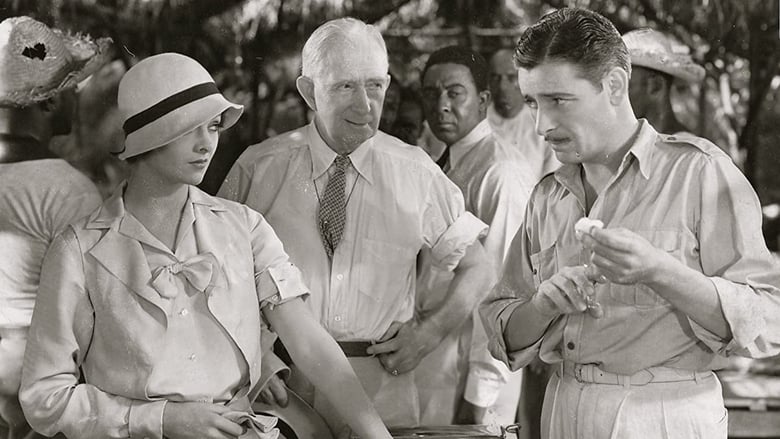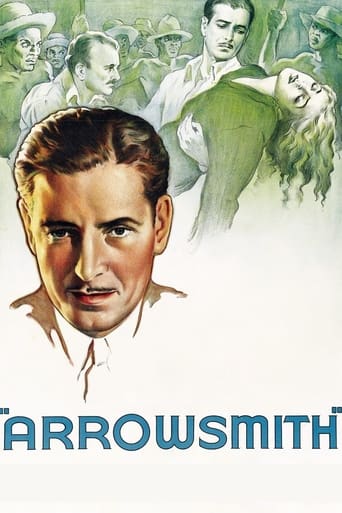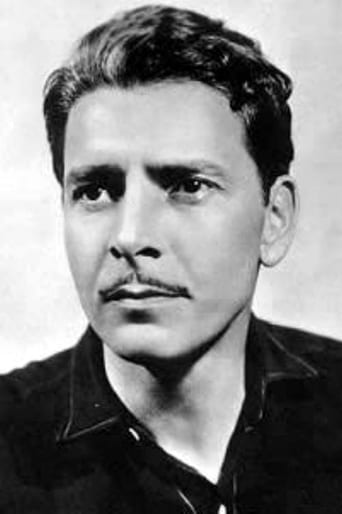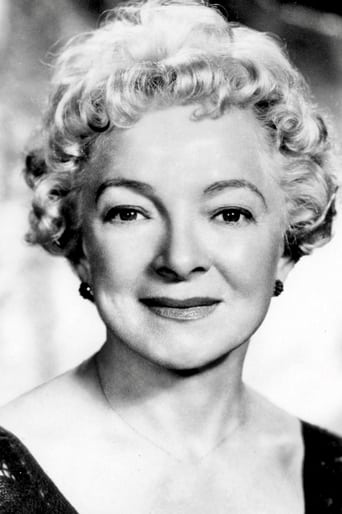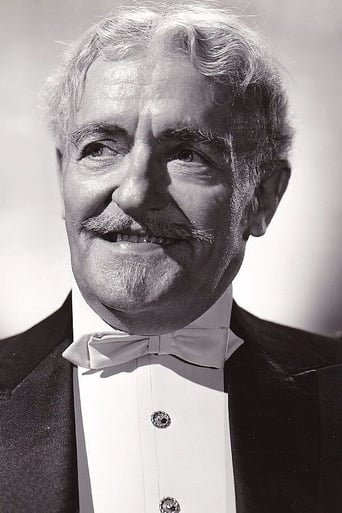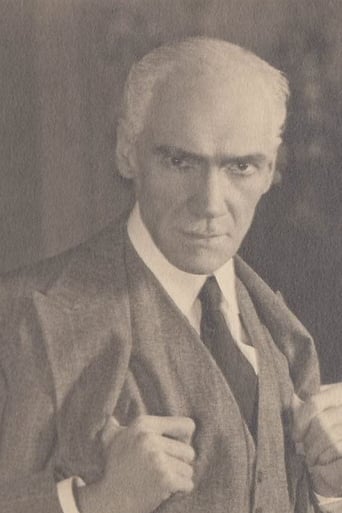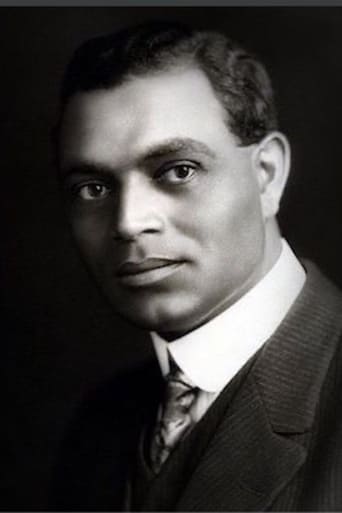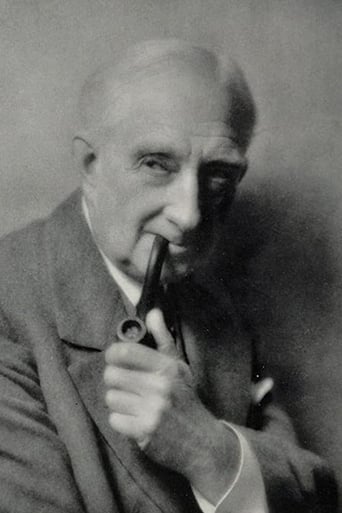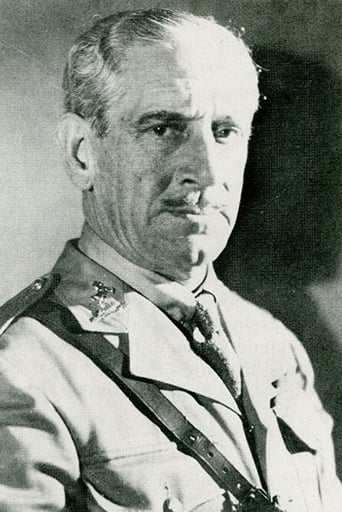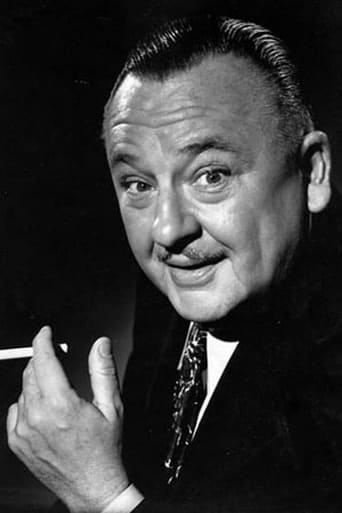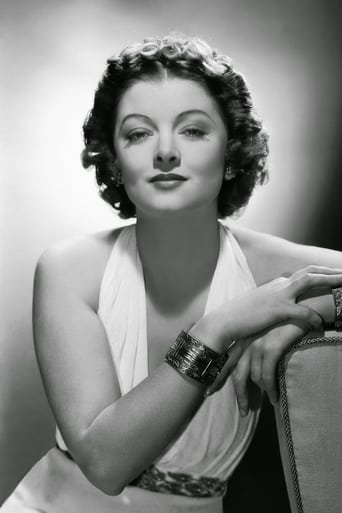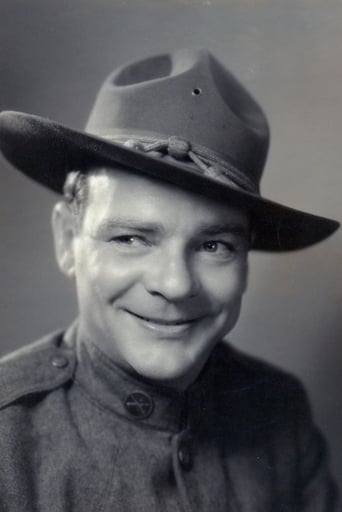A medical researcher is sent to a plague outbreak, where he has to decide priorities for the use of a vaccine.
Similar titles
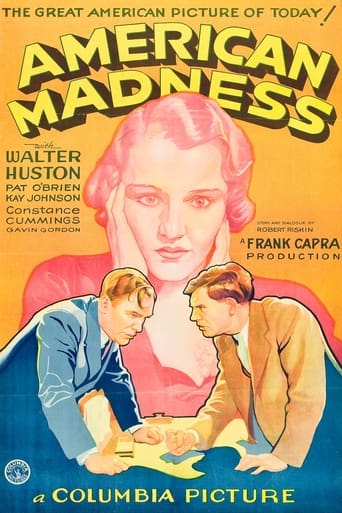
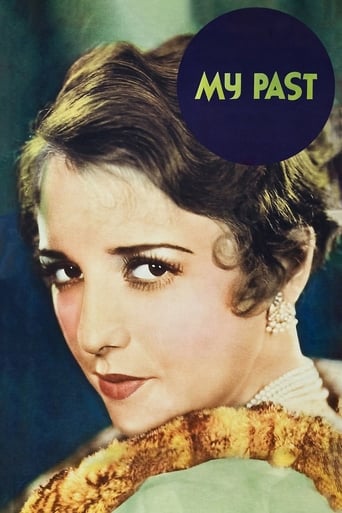
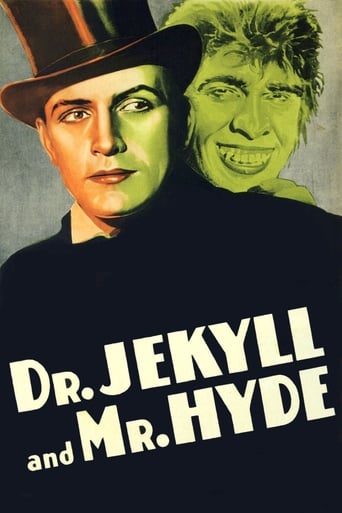
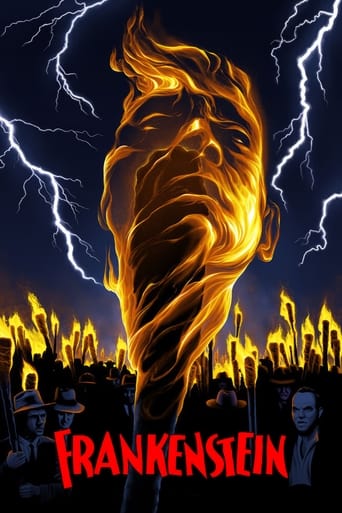
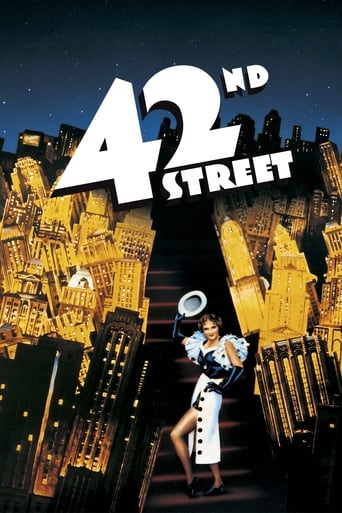
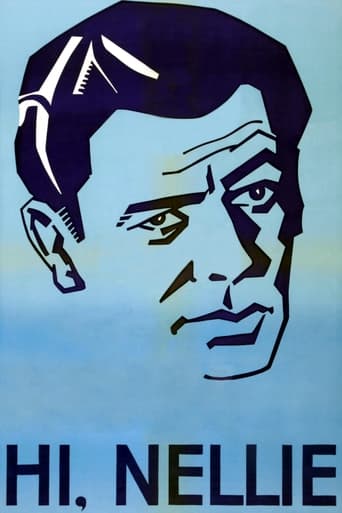


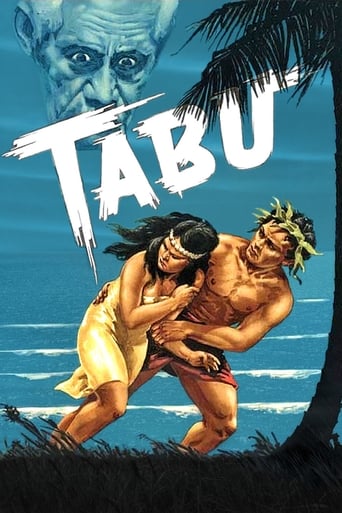
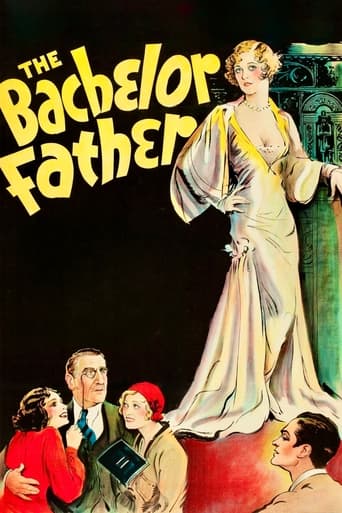
You May Also Like
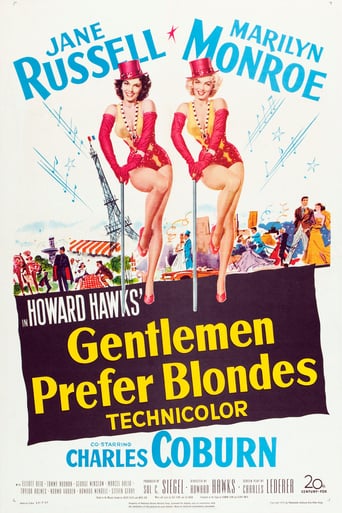


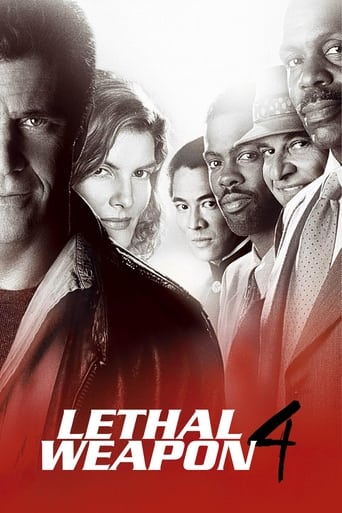
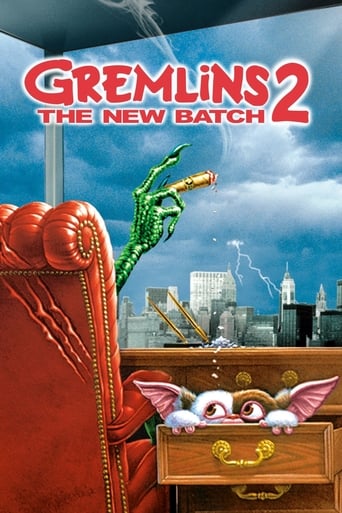
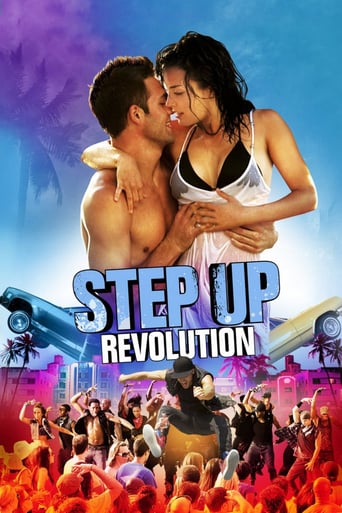
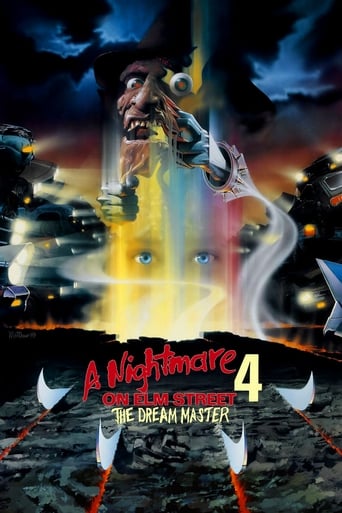

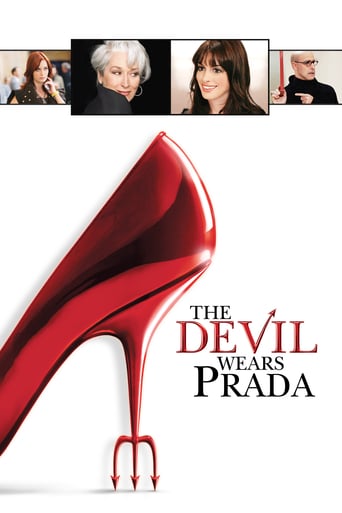
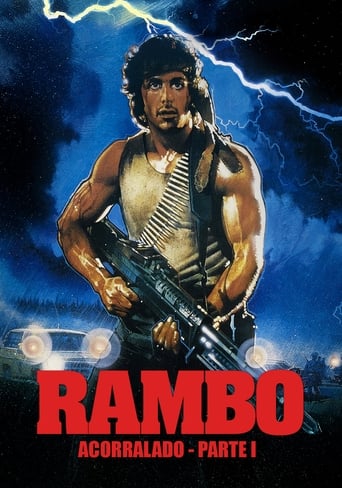
Reviews
Thanks for the memories!
Admirable film.
A great movie, one of the best of this year. There was a bit of confusion at one point in the plot, but nothing serious.
what a terribly boring film. I'm sorry but this is absolutely not deserving of best picture and will be forgotten quickly. Entertaining and engaging cinema? No. Nothing performances with flat faces and mistaking silence for subtlety.
This review is actually more about the novel on which this movie is based than on the movie itself. Normally, that is not the way to review a movie. However, the movie is better than the novel, because there is an absurd event that is described in the novel that the movie wisely, or perhaps fortuitously, left out. For better or worse, I will discuss that event.In the novel, Martin Arrowsmith becomes engaged to a woman named Madeleine. During the summer, Martin goes Canada, where he meet a nurse named Leora, proposes to her, and she accepts. But Martin is still not sure which woman he wants to marry. So, he invites both of them to have lunch with him, and when they arrive, he announces that he is engaged to both of them, and he will let them decide whom he will marry. Madeleine leaves in a huff, but Leora stays and cinches the engagement.When I reached this point in the novel, I threw it aside in disgust. It was one of the stupidest things I had ever read, especially in a well-known novel by an otherwise good author. I had no interest in reading a novel about a man who is that ridiculous. I would say the same about Leora, since any self-respecting woman would do what Madeleine did, which is to get up and leave. But some women are just desperate to get married, and that might explain her willingness to marry Martin, the lunch date notwithstanding. It was the better part of a year before I could bring myself to finish the novel.Years later, the movie turned up on television, and I remember wondering to myself how the movie was going to handle this business with the two women. I was pleased to see that the Madeleine character was not in the movie, thereby eliminating the scene that caused me to despise the novel. As for the rest of the story, Martin is interested in medical research. In testing a new medicine, the standard procedure is to have a control group that gets a placebo to compare with the group that gets the experimental medicine. That way the researchers can tell whether the medicine makes a difference, and whether there are side effects. This is especially emphasized in the novel, where the students are portrayed as being obsessed with controls.When the bubonic plague hits the West Indies, Martin decides to go there and try out his new serum. This requires the use of a control group. But if the serum is effective, this will mean that most of those in the control group will die on account of having only received a placebo. He ends up giving the serum to everyone. Martin's humanity triumphs over his desire to establish the efficacy of the serum.As the movie came to an end, I suddenly realized the point of the lunch date with two fiancées. Madeleine was essentially acting as a control for Leora. By comparing Madeleine's reaction with Leora's, Martin was able to assess Leora's love for him by contrasting it with Madeleine's. The idea was to show just how obsessed Martin was with the need for controls, that he would even try to apply it to love and marriage.That may have been the idea, but it is still absurd. And it is unnecessary. A man will typically have enough experience with women in general to be able to decide whether he should marry one woman in particular. Every woman he has ever dated is a control or sorts. Likewise, a woman will have had enough experience with men to know that if a man she is engaged to turns out to also be engaged to someone else, she should run, not walk, to the nearest exit.It may be that Sidney Howard, the man who wrote the screenplay, left Madeleine out of the movie for the simple reason that most movie versions leave stuff out that was in the novel. But I like to believe that Howard thought the lunch date with the two fiancées was as preposterous as I did, and he mercifully gave it the ax.
This film was actually nominated for four academy awards - cinematography, art direction, adapted screenplay, and best picture. Viewing it today, there are so many somewhat incomplete story lines and messages present, I am somewhat unclear about the director's goal in all of this. Sinclair Lewis' book, on which the film is based, goes into great detail about the tribulations and triumphs of studying to be a doctor and then practicing medicine back in the 1920's. It is just impossible to convey all that goes on in the novel in one 108 minute film. First of all, although young Dr. Arrowsmith comes across as an admirable protagonist who doesn't lose his idealism through all of his experiences, his character development and motivations are just not fleshed out in the film, and thus he is left an unintended mystery. His passion for medical research definitely shines through in Ronald Coleman's performance, but I had many unanswered questions. The film seems to imply that Arrowsmith is attracted to Myrna Loy's character through one scene in particular in the film. Was this intentional? The two have an affair in the novel, but if it is going to be omitted from the film - and it is - what was that one scene doing there? Arrowsmith talks a good game about loving his wife, but he seems to constantly overlook her in his passion to find new cures for diseases. Is he actually taking her for granted, or is this just a common attitude from the past in which wives always took a back seat to their husbands' careers? There is another whole part of the film that is quite troubling to a modern audience. When Arrowsmith is sent to the Caribbean to help fight the plague by testing his new serum, he is instructed to basically do what today is called a double blind study. He is to inject half the patients with his serum and the other half he is to treat conventionally. Thus, it can be determined whether or not the serum will be effective. When Arrowsmith presents his plan of action to the local plague-ridden residents, the shocked citizenry deny his help "in the name of humanity". However, a local black doctor, Oliver Marchand, tells Arrowsmith that he knows of how he can accomplish his goal - by experimenting on the black residents of the island of course! To me, this was all too reminiscent of the Tuskegee experiments and had a large Ick Factor to it.I can't grade this film too severely since I have to take into account its year of production, the fact that dialogue had not become that sophisticated yet since talking pictures had only been universally accepted for about two years, and finally that a complex novel is being squeezed into just over an hour and a half. This film's value today is mainly as an example of one of the better transitional era talkies. Dialogue and acting were much more natural than they had been just a year or two prior to this film, but vast improvements, particularly in dialogue and technology, were just a couple of years away.
Even though only around a third of John Ford's pictures are westerns, it's still undeniable that his forte or, if you prefer, his comfort zone was in historical pictures of some sort. Arrowsmith is unusual in that it is a contemporary drama that Ford both directed and co-produced.In spite of the above, you might think this was indeed a western from the opening scene, in which we see an ancestor of the protagonist as a good ol' covered wagon pioneer. This bit of family history is not brought up again, but it was obviously judged by Ford and Sam Goldwyn to be significant enough to open the film with, even though it would have been one of the most expensive scenes of the shoot (unless that opening shot is lifted from somewhere else, which it may well be). The point seems to be to draw a line between the struggles of the pioneers and the main story of a medical scientist torn between his home life and his career. It seems a rather tenuous comparison.On the other hand, there could be parallels between Dr Arrowsmith and a typical Fordian westerner. Not in the character as written – I'm no auteur theorist – but in the way Ford shoots their environments. In the majority of Ford films he exaggerates the smallness of interiors and the vastness of exteriors. The homestead is safe, yet dull, and the great outdoors is exciting yet dangerous. The village where Arrowsmith practices as a country doctor is shot in much the same way as Ford would a western settlement – cramped interiors, foreground clutter and heavy use of framing. However the medical research centre, while it may be another interior, is shot so as to show off its openness and stark cleanliness, with corridors and waiting rooms so vast they look almost surreal. This is Arrowsmith's "wild west", where he is free to be a pioneer of another sort. Another tenuous comparison? Maybe, but remember directors have many choices of how to shoot a place, regardless of the script or the set design, and these choices will reflect how they view that space and what they feel it means to the story.While Ford's use of space developed incredibly early on, the camera movement at this stage is not yet of the "invisible camera" technique that later became his standard. For those that don't know, invisible camera means you only move the camera when it's following an action, say for example a character walking to the other end of the room. If everyone in the scene is sitting still, the camera sits still. If it's done properly the audience doesn't notice the camera movement, hence "invisible camera". And yet here there is rather a lot of obtrusive camera movement. This is pretty much in line with the general style of the time, in spite of the myth that cameras were immobilised in the early sound era. Despite a few teething problems that were mostly solved by the end of 1929, cameras of the early talkies zipped around just as giddily of those of the late silents.Ford is not known to have given his actors much coaching, nor allow them rehearsals or repeated takes to hone their performance. For this reason the acting in his pictures tends to be only as good as the raw talent of the performers. Ronald Coleman and Helen Hayes were both good dramatic actors, and here they give good – but not outstanding – dramatic performances. Richard Bennett however just gives a fairly standard, slightly comical supporting-player performance as Sondelius, and the part should either have been cast differently or he should have been prompted to play it with more conviction.The story goes that the hard-drinking Ford was contracted by Goldwyn to remain teetotal until the production wrapped. Apparently Ford, eager to get back to the bottle, rushed the shooting even more than usual, tearing pages out of the script wherever he could get away with it. Whether this is true or just another bit of Ford mythology, it certainly makes sense. In particular the love story, crucial to the picture's impact, is massively underdeveloped. Downplaying the romantic angle is actually very typical of Ford, but even the usual Fordian semi-improvised comedy diversions are absent – with the exception of a couple of nice gags in a scene where a boy has his tooth pulled, and an almost surreal moment where a comedy drunk inexplicably wanders on and off the set. The resultant picture is full of great moments, but overall seems a little undernourished. Arrowsmith could have been an intense and poignant drama, but Ford was the wrong man for the job.
This film is truly atrocious! I am, by no means, an expert on "classic" films, but, I must say that I really disagreed with this film.The Sinclair Lewis novel is _way_ better than this film. Screenwriter Sidney Howard seems to have read the Cliff's Notes version of the book. He smashes the first 13 chapters or so into maybe 20 minutes. Most of the information in the novel is lost here, and I assume that the scenes would be a series of non-sequiturs for those who hadn't read the novel.However, the section detailing Martin's discovery of the "X Principle" (though probably not called this in the film; it is the bacteriophage) is decently done. I think that the utter chaos in Martin's life is portrayed as effectively as the miscast Ronald Colman (way too old to play the part of a young doctor) possibly could.Overall, I think that the film would be decent, barring background information of the novel. The film, however, has an entirely different message than the original work.
Top Streaming Movies











